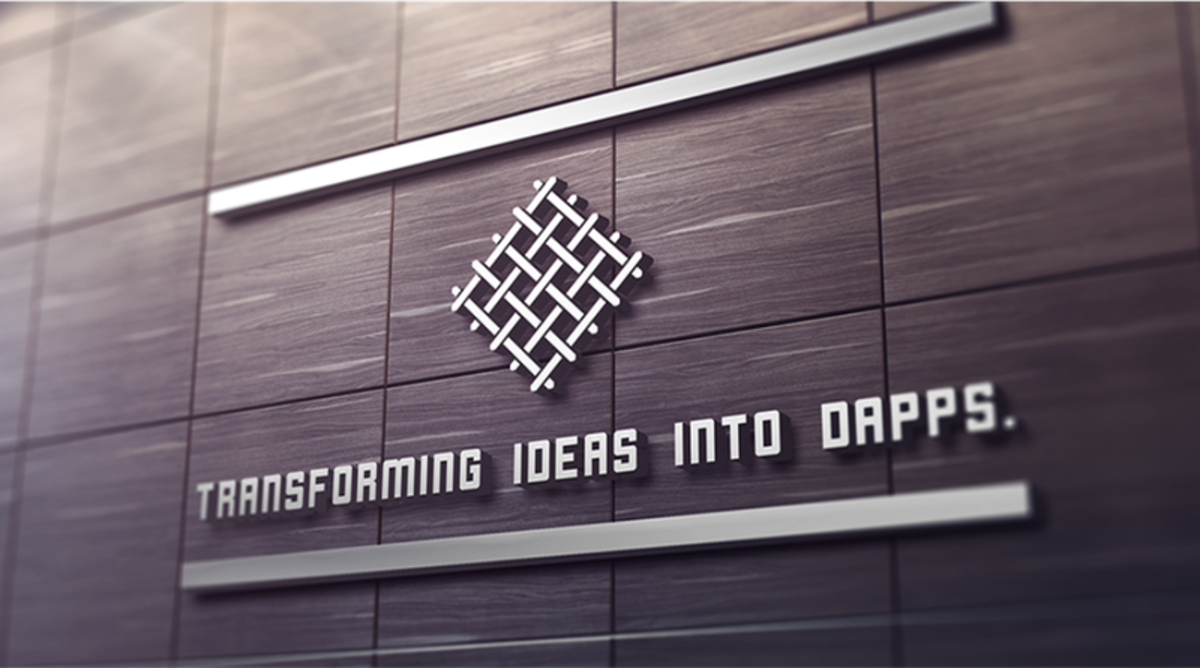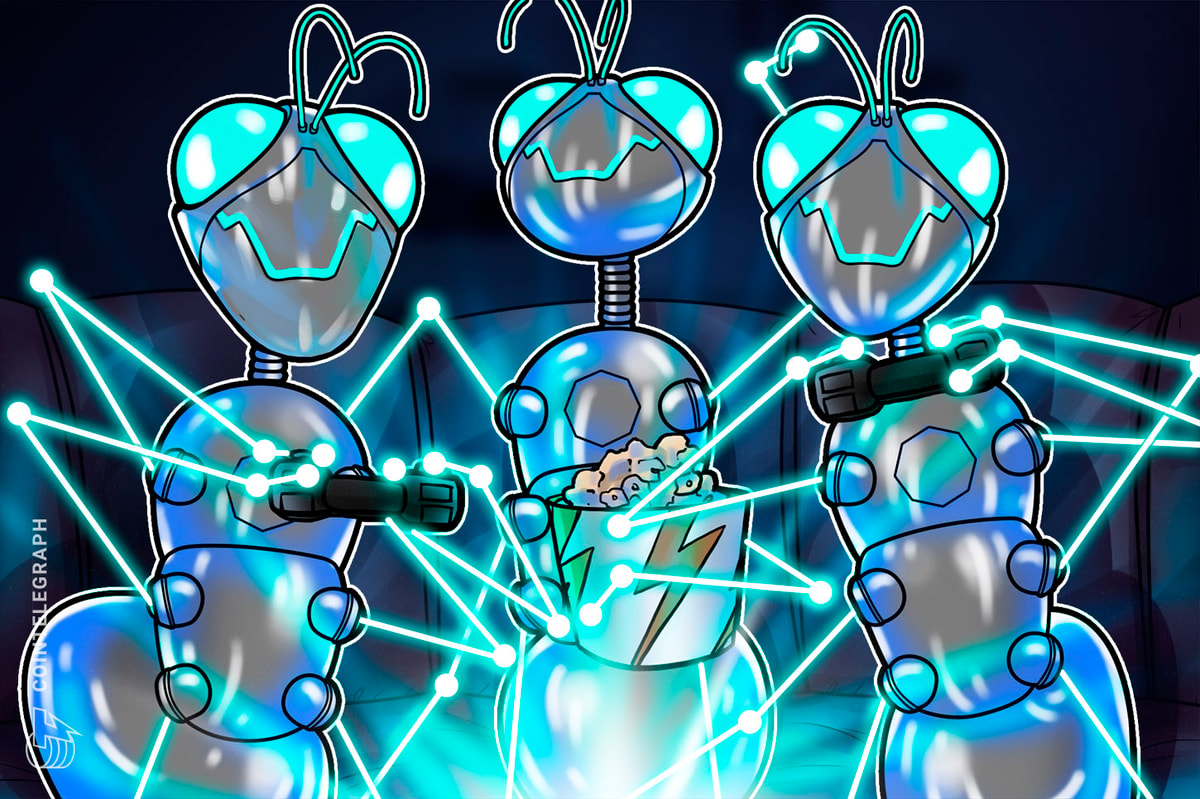
Since the birth of Bitcoin, it has become increasingly apparent that, apart from cryptocurrency, decentralized applications are offering a promising and heightened level of value to blockchain technology. Also known as DApps, decentralized applications might transform most, if not all, industries worldwide. However, to succeed, DApps need to be fully scalable, digital ecosystems.
At this point, the challenge is one of human capital. Few developers have the skills and experience to build decentralized applications. Those who do stay in high demand, so much that they often work on a project-to-project basis for enterprises that can afford them. In comparison to Initial Coin Offerings (ICOs), the momentum behind DApps has been sluggish due to these prevailing human capital needs.
At the center of efforts to address this knotty issue is Fabric Token, a blockchain-based project created by Niquid Tech, an Estonian collective established in 2017 exclusively focusing on smart contracts. The Fabric’s model aims to support individuals and businesses in adopting blockchain technology and its associated smart contracts by acting as “middleware” between simple user interfaces and programming language.
This project seeks to deliver solutions for users through an easy-to-navigate platform, allowing them to build their own DApps from scratch. In principle, people with little technical background can use the ecosystem to turn their ideas into a working product. Users with technical knowledge will have the ability to create customized versions of their smart contracts consistent with their project needs and objectives.
Forming a New Generation of DApps
The foundation for this ecosystem consists of three components — TokenGen, DApp Workbench and Fabric Store — which will all be accessed using the Fabric Token.
First to be released will be TokenGen, a web application that allows anyone who wants to run their own ICO to easily generate smart contracts for tokenization and fundraising purposes. A simple step-by-step process allows users to select the functionality needed for their token and crowdsale, including token name, symbol and other key details. They will then pay a small fee in Fabric Tokens before receiving a smart contract code that requires no programming knowledge.
On the business enterprise side, Fabric Token is creating DApp Workbench, a drag-and-drop desktop application that employs the Electron framework for cross-platform compatibility. This feature will also have a cloud component for testing and deployment purposes. In short, DApp Workbench will allow businesses to implement blockchain technology and smart contracts into their business process management thus enabling them to use smart contracts in ways which will save process time, efficiency and cost.
The final element is the Fabric Store, a decentralized marketplace for smart contract components, which will allow third-party developers to complement the software by facilitating additional use cases for smart contracts, boosting the scope of the Fabric Token universe.
The beauty of the Fabric Token Ecosystem is its ability to solve multiple problems involving the adoption of blockchain technology for the sake of smart contracts. These problems include difficulties associated with the development of smart contracts, mainly involving one of the following: the Solidity programming language on the Ethereum blockchain; a lack of an official testing framework for Solidity; and the challenges of aligning “intra” and “inter” organizational business processes.
“The Fabric Token ecosystem will provide a suite of products that will remove the need for expert smart contract programming knowledge when developing decentralized applications,” said Nikolay Nikov, co-founder and CEO of Niquid Tech and the face behind Fabric Token (FT).
“Here we are addressing a huge gap between all of the excitement around the blockchain and the actual adoption rates we’re seeing today, all of which is tied to the costs and difficulty of development.”
According to Nikov, the idea for Fabric Token was conceived in April 2017. “After about a month of working out the details for the project and its structure, we began development on the two main components — TokenGen and DApp Workbench. We quickly managed to do the PoC on both of the products and then we set out the plan of action.”
At the end of December 2017, Fabric Token was announced to the global crypto community and is now enjoying steady growth of interest in the project. At present, the company is putting the finishing touches on TokenGen, with anticipated release in early February 2018.
Constructing the DApp Workbench started with extensive research and testing on the technology stack of the product’s architectural development. The target release period for the public beta of DApp Workbench in scheduled for July 2018.
In addition, Fabric Store 1.0, the first fully operational decentralized marketplace for smart contract components is scheduled to be officially released in February 2019. This will allow third-party developers to further improve the performance of Fabric Token projects, leading to an expansion of the overall network.
Next Steps to Realization
“The biggest challenges so far have been related to legal matters. As we all know, the crypto world is seeing changes in regulations, both country-specific and international, almost on a weekly basis,” said Nikov thinking of the path ahead for Fabric Token. “It took time to finalize our legal framework. Once that was out of the way, there really haven't been any issues.”
In the meantime, the upcoming token sale on February 15, 2018, is Nikov and his team’s highest priority. Through these utility tokens, users will have a gateway for easily building, managing and improving their decentralized application projects.
“If our token launch is successful, which according to the interest we have generated so far and the low cap we have, is not a long shot at all, we see TokenGen becoming the go-to tool for people looking to generate smart contracts related to the token economy — tokens, crowdsales, bounty programs, you name it,” said Nikov.
“As we extensively show in the White Paper of the project, blockchain technology and its underlying smart contracts could radically improve numerous multi-billion dollar industries as well as several government institutions. While I could go into specific scenarios, let me say this: On a grand scale, the level of improvement that could be provided by implementing blockchain and smart contracts into almost any industry is simply unparalleled. That, in and of itself, was more than enough incentive for us to start this project.”










